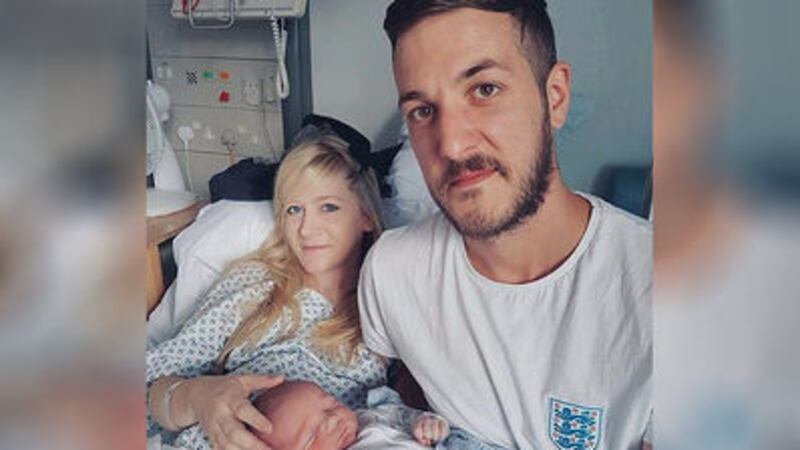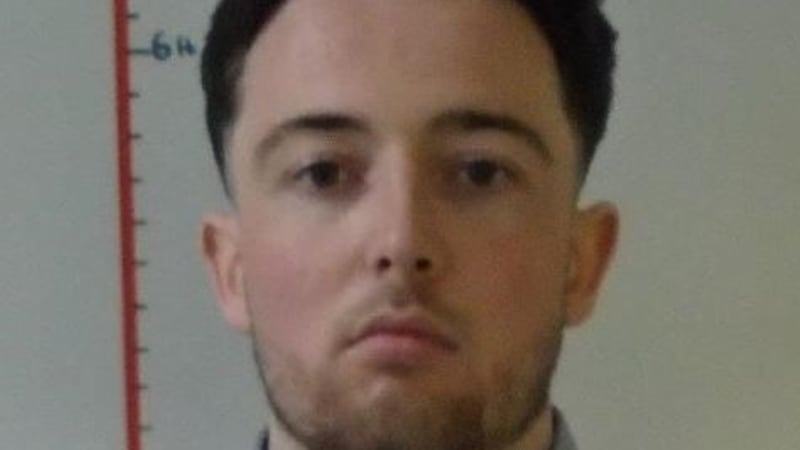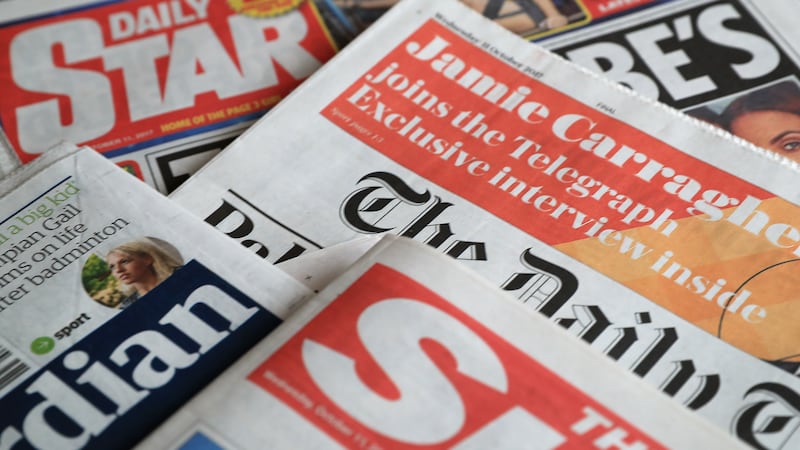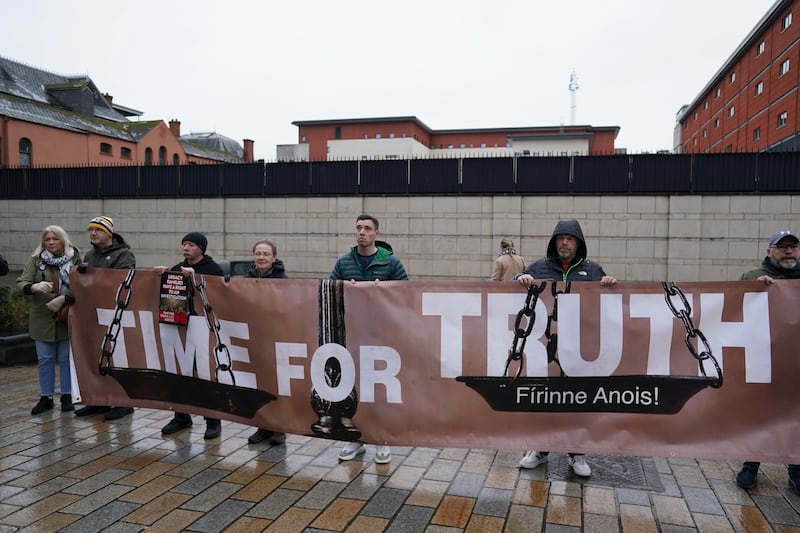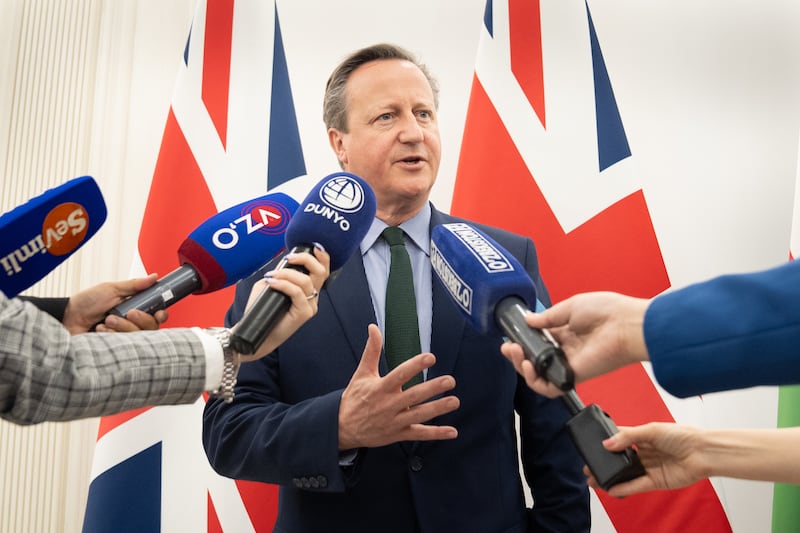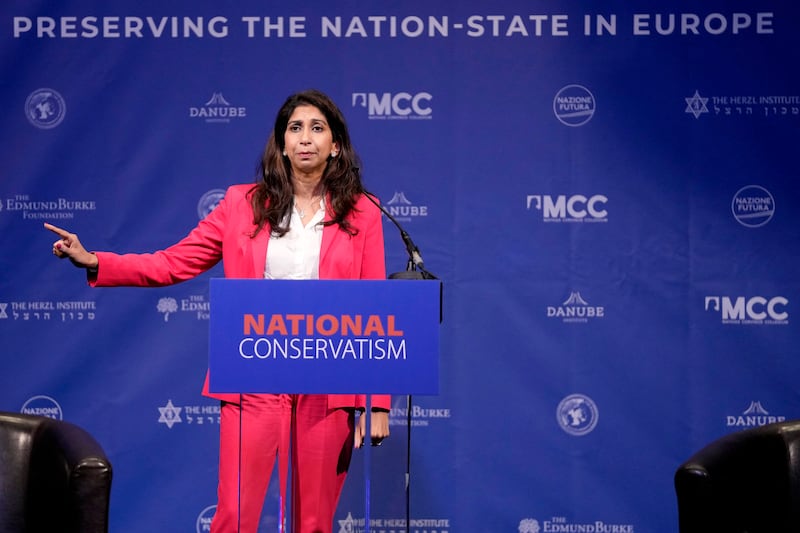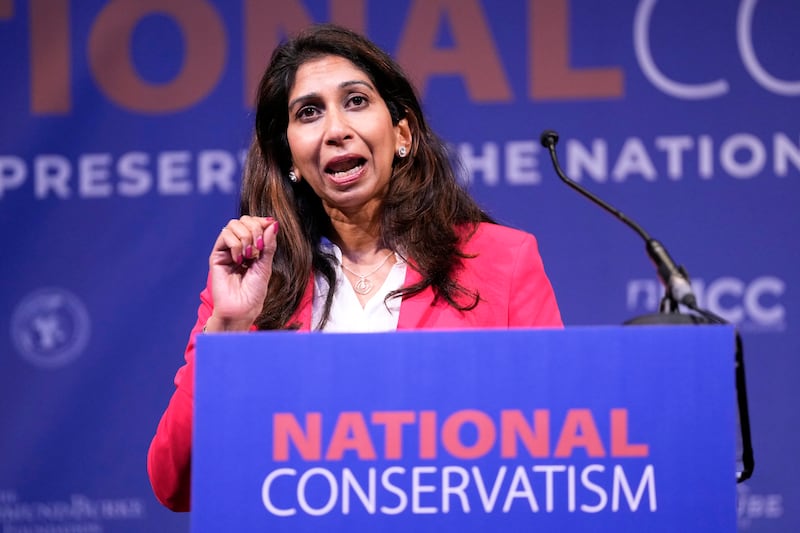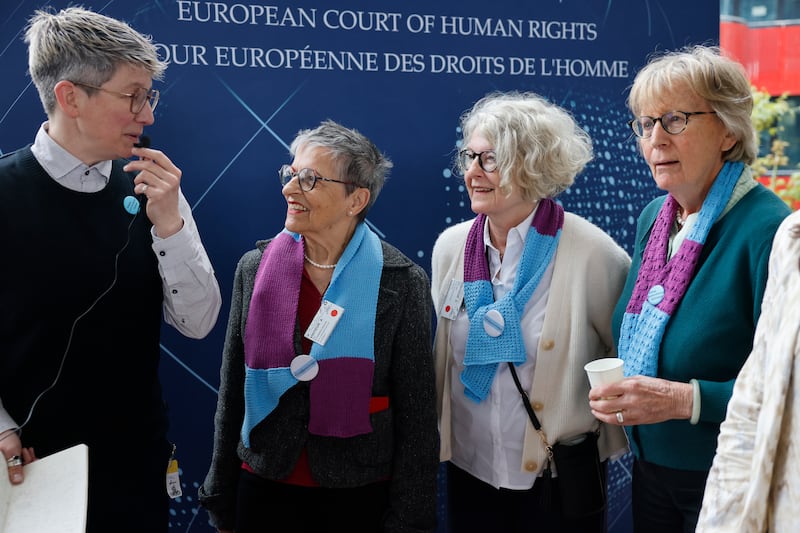A couple who want to take their terminally ill baby son to the USA for treatment are waiting to see whether judges in the European Court of Human Rights will come to their aid after exhausting all legal options in the UK.
Chris Gard and Connie Yates want Charlie Gard to undergo a trial of a therapy called nucleoside.
They have asked European Court judges in Strasbourg, France, to consider the case.
Strasbourg judges are expected to make an announcement in the next few hours.
A High Court judge in April ruled against a trip to America and in favour of Great Ormond Street doctors.
Three Court of Appeal judges upheld that ruling in May and three Supreme Court justices on Thursday dismissed a further challenge
Lawyers representing everyone involved in the case had spelled out arguments and counter arguments at the Supreme Court hearing.
A barrister representing Charlie's family said parents should be free to make decisions about their children's treatment unless any proposed treatment posed a risk of significant harm.
Richard Gordon QC said the case had implications for others.
"(Charlie's) parents have made a decision, it's not a wish, it's a decision, to try and keep all options open and retain life for their child," he said.
"We say Charlie is being deprived of his liberty at Great Ormond Street Hospital."
He said the couple were "model parents".
"They would not wish to do anything that would cause Charlie harm," he added.
"The State is not entitled to cause a child's life to be extinguished."
Justices were told that without treatment, Charlie's life expectancy was measured in months.
Mr Gordon said the case was "so important", yet there was "so little time".
Katie Gollop QC, who led Great Ormond Street's legal team, said the case was "sad" but not "exceptional".
She said the couple seemed to be suggesting that "parents always know best".
But she said the paramount interest in such cases was the welfare of the child.
Ms Gollop said the case was "particularly sad" and "particularly difficult for all those who care about Charlie".
But she said there were children who had illnesses which could not be cured.
She said in such cases parents did not want to look back and think something else could have been tried and sometimes became embroiled in disagreements with doctors.
Ms Gollop said Great Ormond Street specialists "listened intently" to Charlie's parents and sought a number of second opinions from doctors at other hospitals.
"Fundamentally, the parents don't accept the facts," said Ms Gollop.
"They don't accept that nucleoside therapy will be futile."
Ms Gollop said Charlie could not could see, hear, move, cry or swallow.
She added: "He is on a machine which causes his lungs to move up and down because his lungs cannot go up and down."
Ms Gollop said Charlie's condition "affords him no benefit".
She said some doctors thought that Charlie felt pain and some thought he did not.
Barrister Victoria Butler-Cole, who was instructed by a guardian appointed to independently represent Charlie's interests, said a trip to the USA was not in Charlie's best interests and said life-support treatment should stop.
